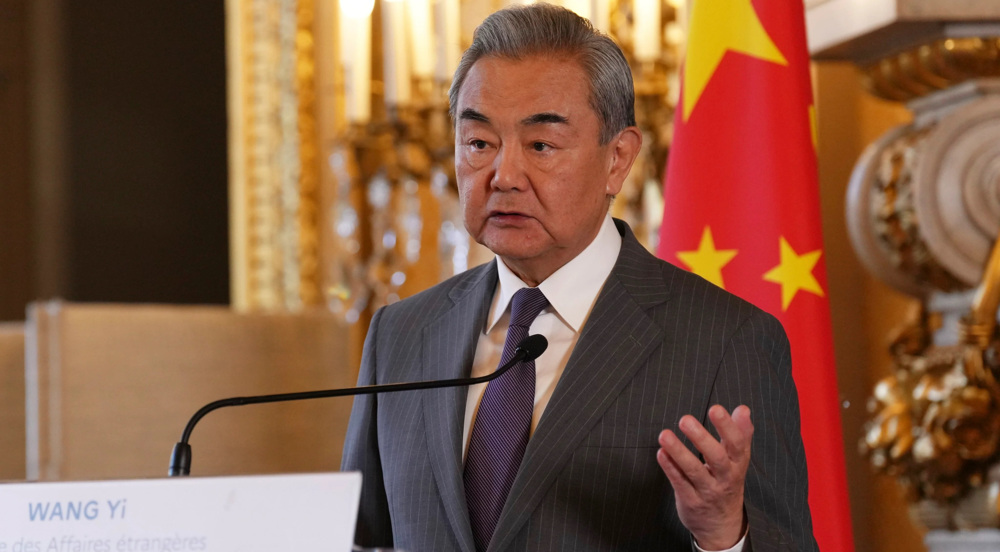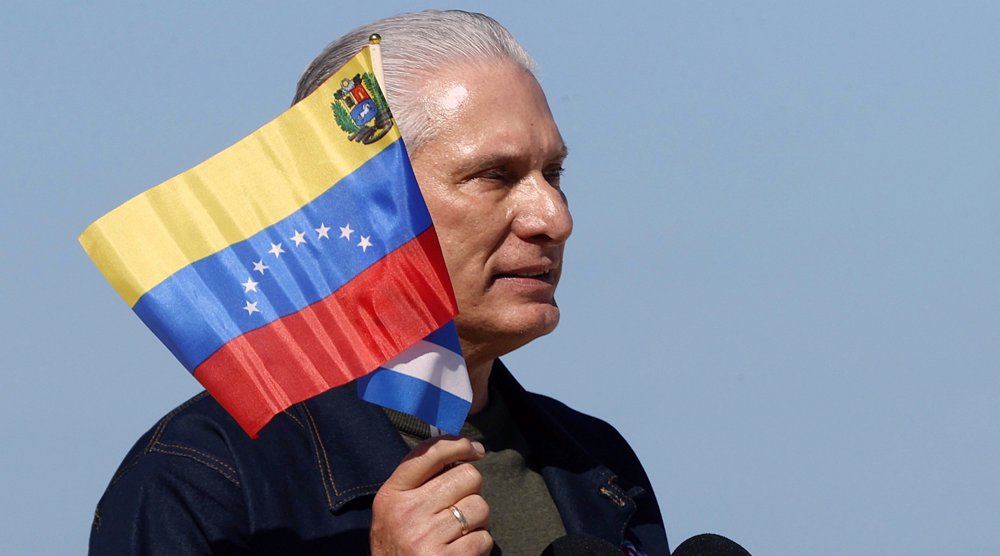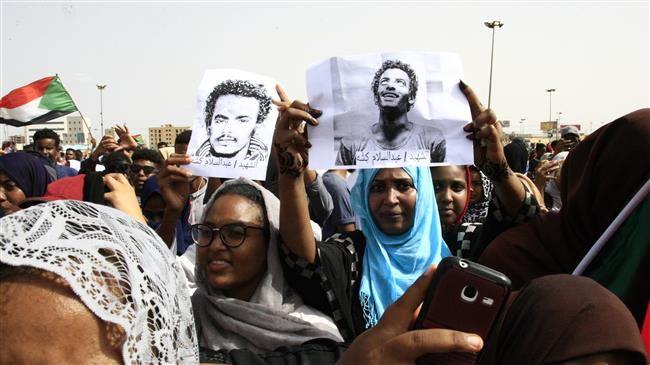US halts sanctions on Sudan military heads in bid to influence transition efforts
The United States halted plans to sanction Sudan’s military forces for mass killing of protesters, US magazine Foreign Policy reports.
The US Departments of State and Treasury were going to craft a sanctions strategy on Sudan, targeting Rapid Support Forces (RSF) and its commander General Mohamed Hamdan Dagalo, the publication said.
However, the White House pulled the plan over purported fears that the move may upset a flimsy peace deal with civilian leaders, it added.
Under the power-sharing deal negotiated earlier this month between the Transitional Military Council (TMC) and an alliance of pro-democracy civilian, an 11-member body will govern the country for just over three years.
It will consist of five military members, five civilian ones, and an 11th civilian chosen by both sides. A military general will head the council for the first 21 months, and then it will transition to a civilian leader for 18 months. Negotiations on other aspects of the transition are still continuing.
Voicing concerns over instability in Sudan, US Assistant Secretary of State for African Affair Tibor Nagy said in a press briefing last month, "We could end up with the type of chaos that exists in
Libya or Somalia, and the last thing Egypt wants is another Libya on its southern border.”
The report then cites one current and one former official as saying that the State Department’s special envoy on Sudan, Donald Booth, was among the leading advocates of halting sanctions against Sudan’s junta.
A State Department spokesperson denied the allegations altogether, saying Washington "continues to work to support the establishment of a civilian-led government that enjoys the broad support of the Sudanese people”.
Egypt and oil-rich Persian Gulf regimes, particularly Saudi Arabia and the United Arab Emirates, regard Sudan as a strategically important country in the region.
They have ramped up their political and financial involvement in the country since former president Omar al-Bashir was toppled in an apparent military coup back in April.
The head of a Sudanese investigative committee said on Saturday that 87 people were killed and 168 wounded on June 3 when a sit-in protest was violently broken up by security forces.
Fath al-Rahman Saeed, the head of the committee, told a news conference that 17 of those killed were in the square occupied by protesters and 48 of the wounded were hit by bullets.
Some security forces fired at protesters and three officers violated orders by moving forces into the sit-in, he said, adding that an order was also issued to whip protesters.
Opposition medics have said 127 people were killed and 400 wounded in the dispersal, while the Health Ministry had put the death toll at 61.
The sit-in outside the Defense Ministry in the capital Khartoum was a focal point for protests that led to Bashir’s ouster on April 11.
VIDEO | Press TV's news headlines
VIDEO | Against erasure: Palestinians say survival in Gaza affirms their right to land
BBC bars use of ‘kidnapping’ to describe Maduro’s kidnapping
VIDEO | International cartoon, poster contest 'Online Terror' unveiled in Tehran
VIDEO | Venezuela installs interim president after US kidnapping of Maduro
Iran FM urges world, UN to voice decisive opposition to attack on Venezuela
VIDEO | Moscow vows revenge
Sanctions slow Iran’s 5G expansion despite growth in network rollout
















 This makes it easy to access the Press TV website
This makes it easy to access the Press TV website